Tag
#Airbus

Airbus and MTU deepen collaboration on hydrogen fuel cell propulsion for aviation
21.06.2025

Airbus presents hydrogen aircraft technologies at Airbus Summit
28.03.2025
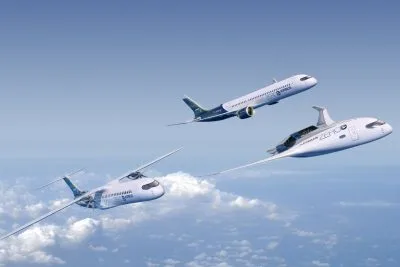
Airbus pauses hydrogen aviation project
10.02.2025
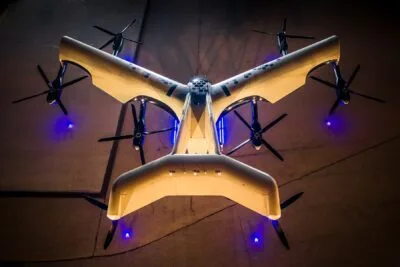
Airbus pauses its air taxi project
07.02.2025
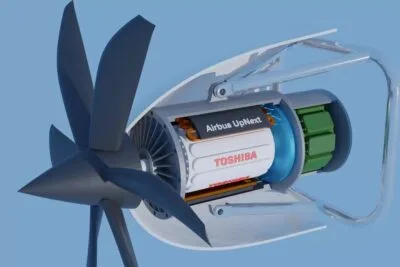
Airbus and Toshiba design superconducting engine for H2 aircraft
21.10.2024
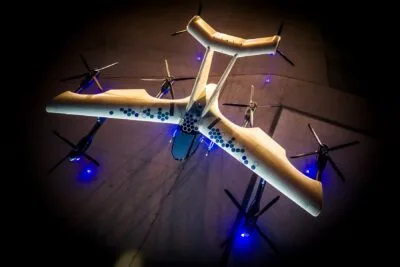
Airbus presents a two-ton electric aircraft
08.03.2024
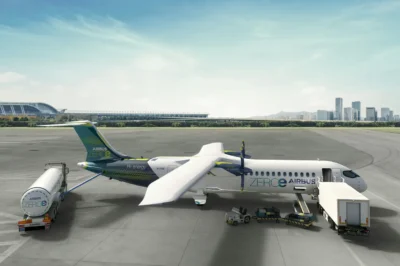
Hydrogen aviation project takes off in Norway
01.02.2024
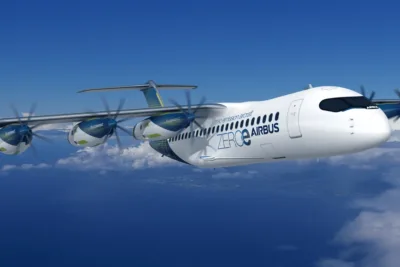
Airbus puts first hydrogen-electric propulsion system into operation
17.01.2024
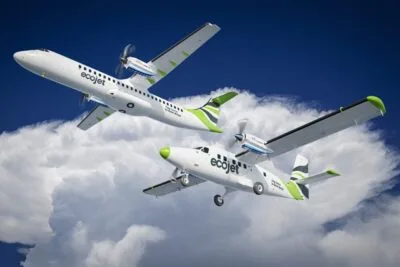
ZeroAvia reveals investors and partners with Ecojet airlines
29.11.2023

ZeroAvia closes investment round led by Airbus & Barclays
22.09.2023

Aerospace and H2 heavyweights form UK Hydrogen in Aviation alliance
18.09.2023

Airbus, BMW and Quantinuum to improve FC catalysts
14.08.2023
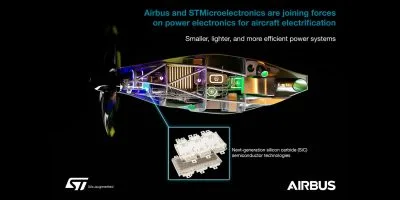
Airbus & STMicroelectronics to develop power electronics
23.06.2023
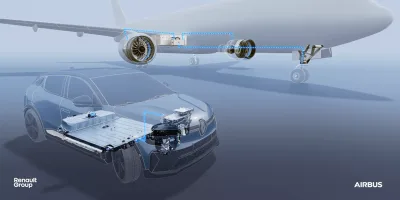
Renault & Airbus sign battery cooperation
30.11.2022
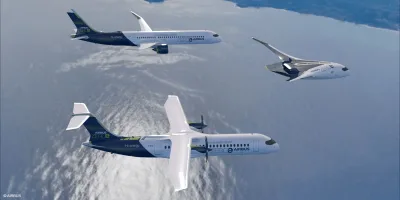
Hydrogen fuel cell aircraft – what for and when?
26.08.2022
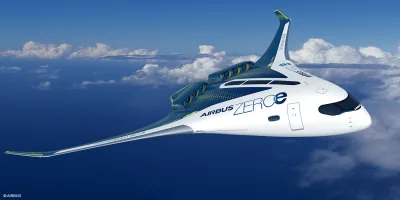
Linde & Airbus sign MoU to introduce H2 infrastructure at airports
24.06.2022
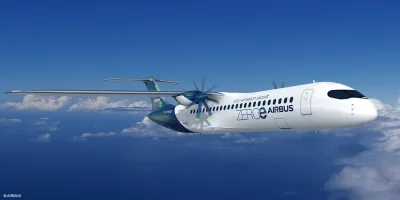
Airbus opens ZEDC for H2 technologies in the UK
30.05.2022

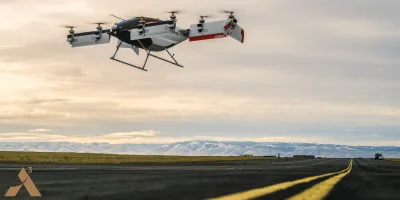
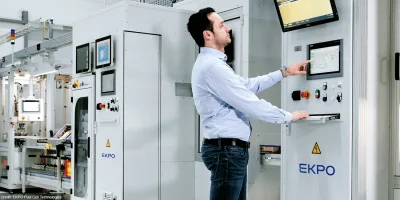
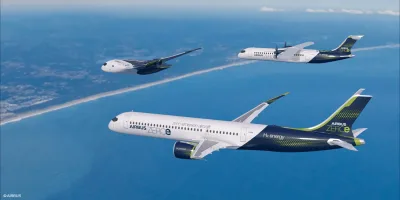
Last commented